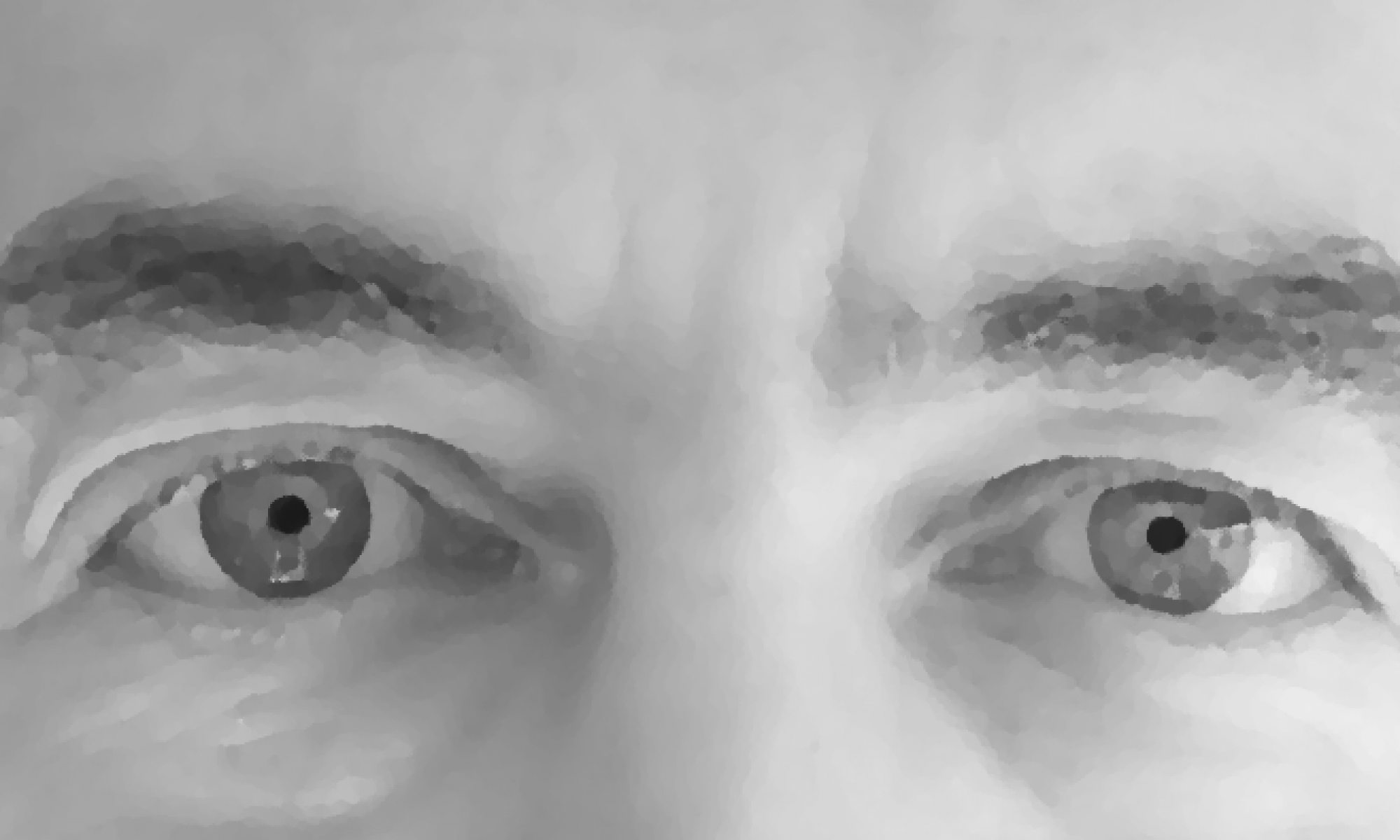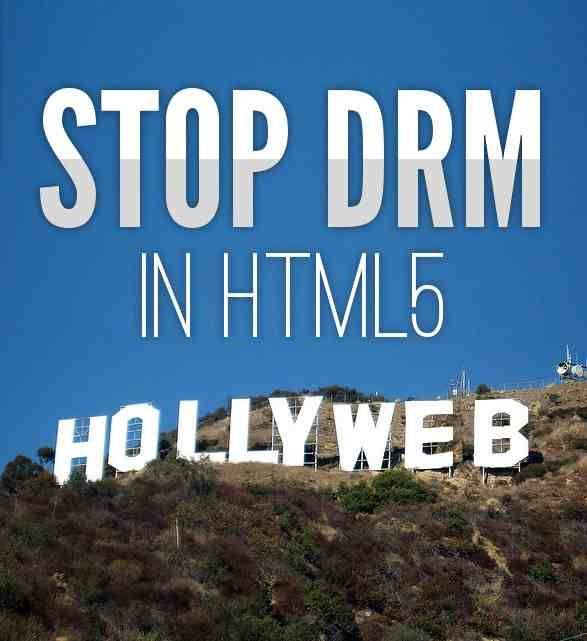Aw, yeah! The UK Communications Data Bill — AKA the “Snooper’s Charter,” a sweeping, totalitarian universal Internet surveillance bill that the Conservative government had sworn to pass — is dead! Yesterday, Nick Clegg, leader of the Liberal Democrats in Parliament, announced that his party would not support the bill, and effectively killed it. Though I’ve been bitterly disappointed with some of the terminal compromises the LibDems have made, this makes me grateful to have them in Parliament. The kind of universal surveillance proposed in the Snooper’s Charter was broadly supported by the last Labour government, which radically expanded state surveillance powers, and by the Tories — thank goodness for the LibDems mustering a scrap of backbone at last!
The only downside is that the Open Rights Group had a whole series of great “Professor Elemental” videos that used pointed, excellent humour to mock and undermine the bill and drum up opposition to it, and now that’s all going to go to waste (I blogged episode one yesterday).
Aw, who’m I kidding? This kind of thing never stays dead.
The snooper’s charter has reminded Nick Clegg, finally, he is a liberal ![]()






